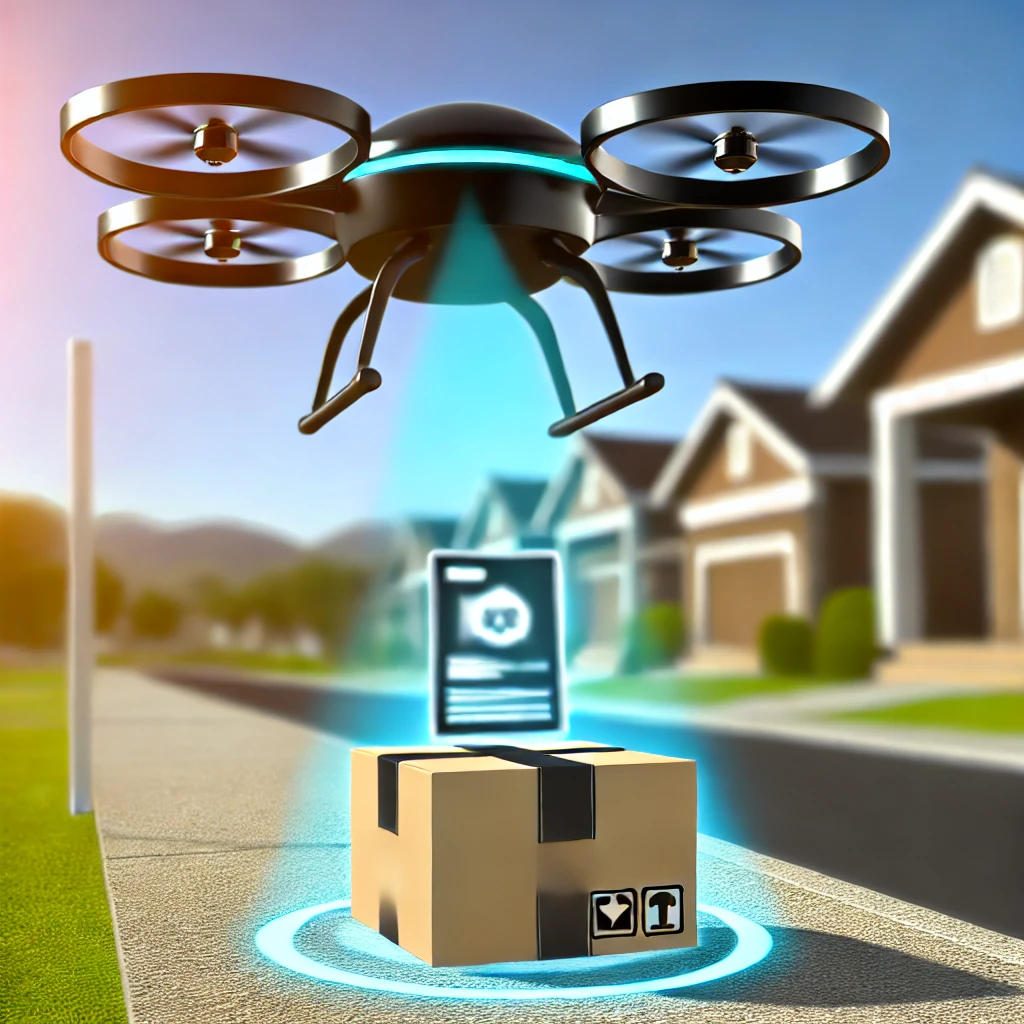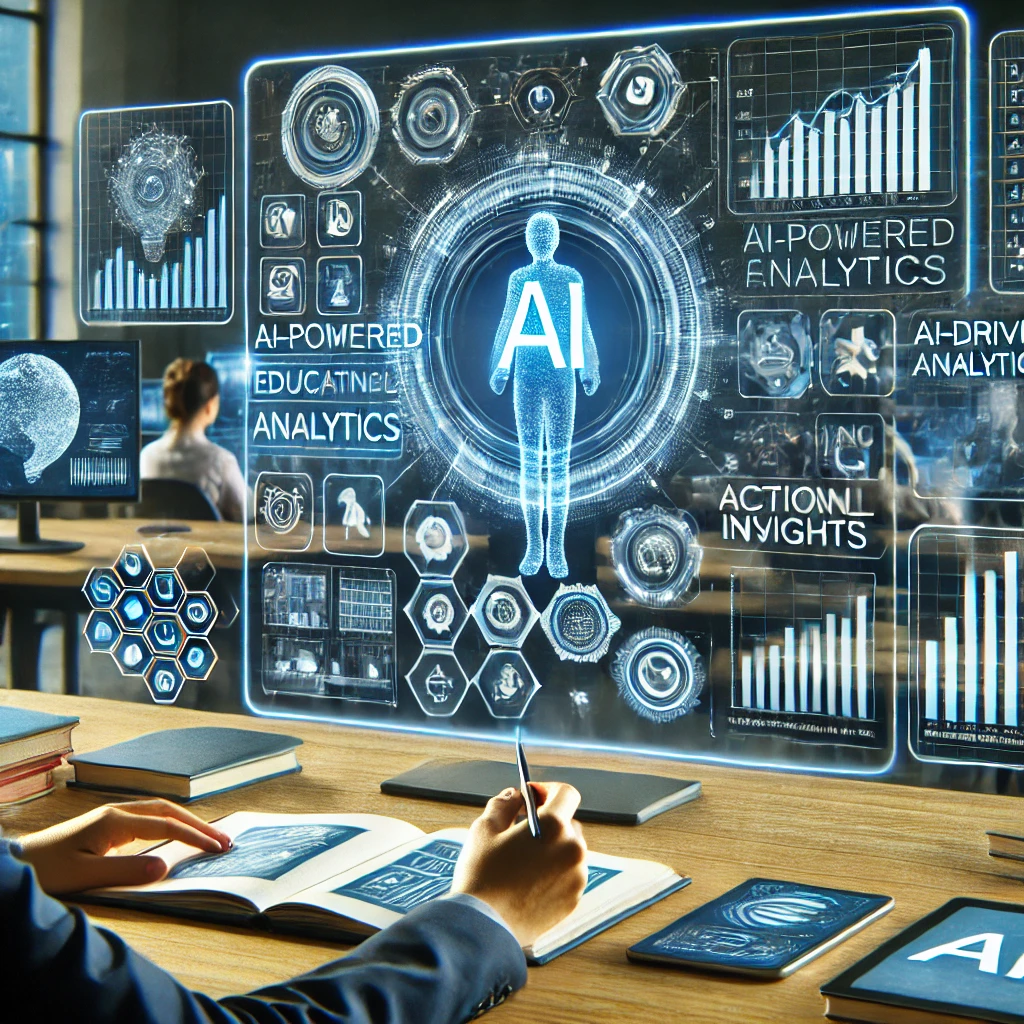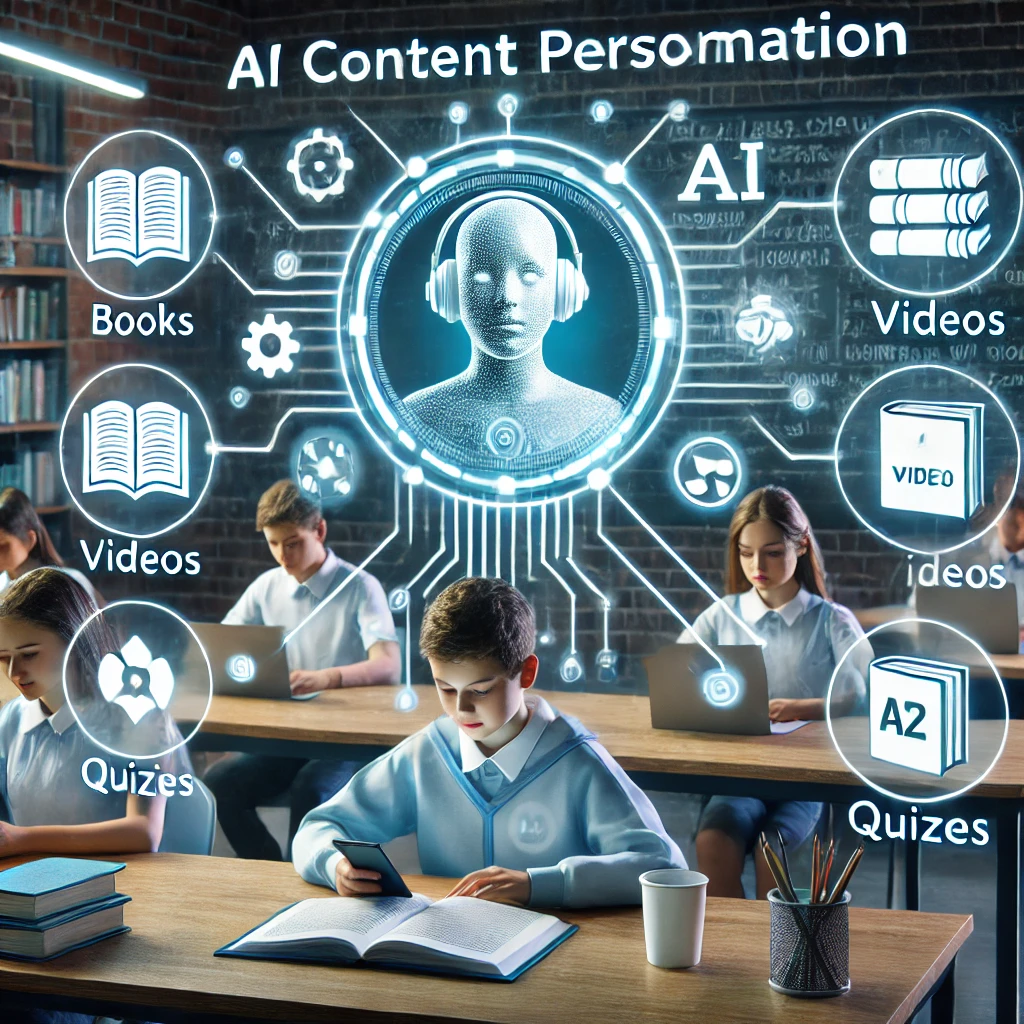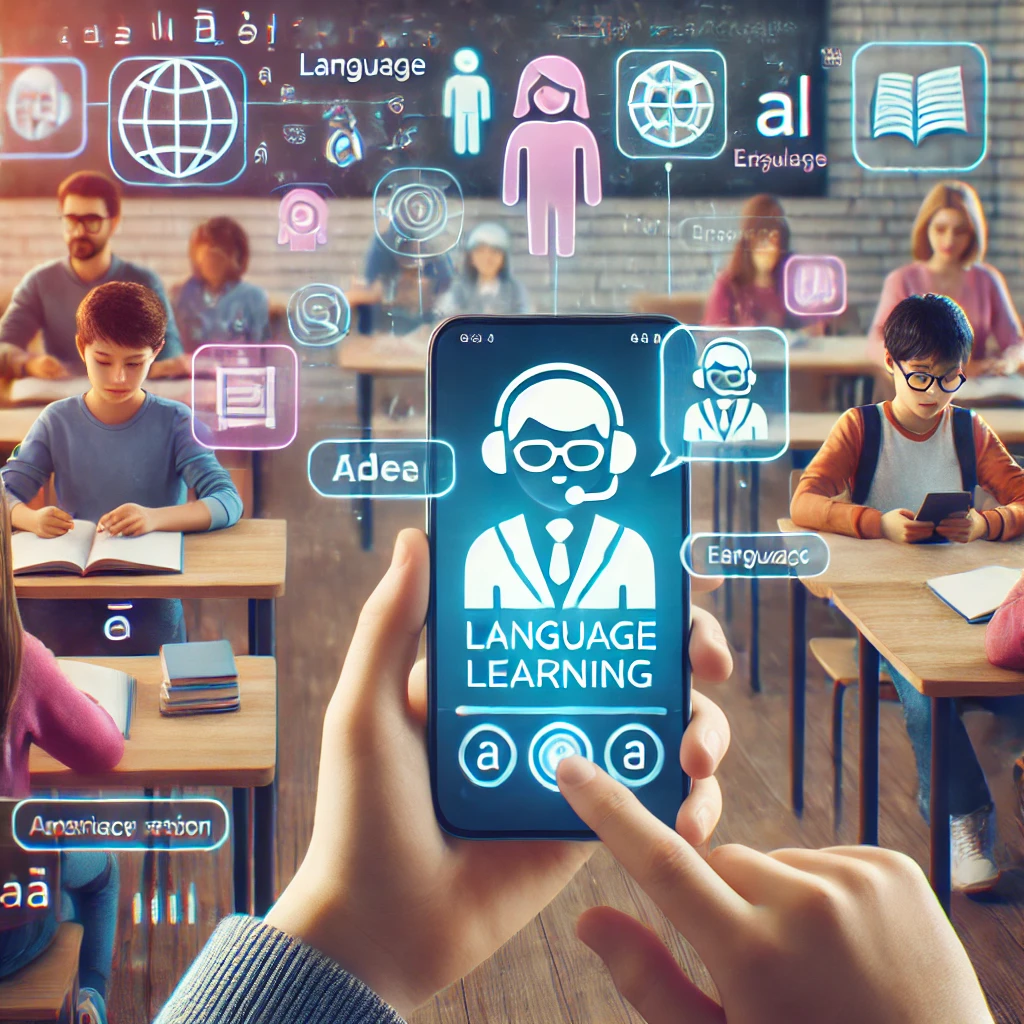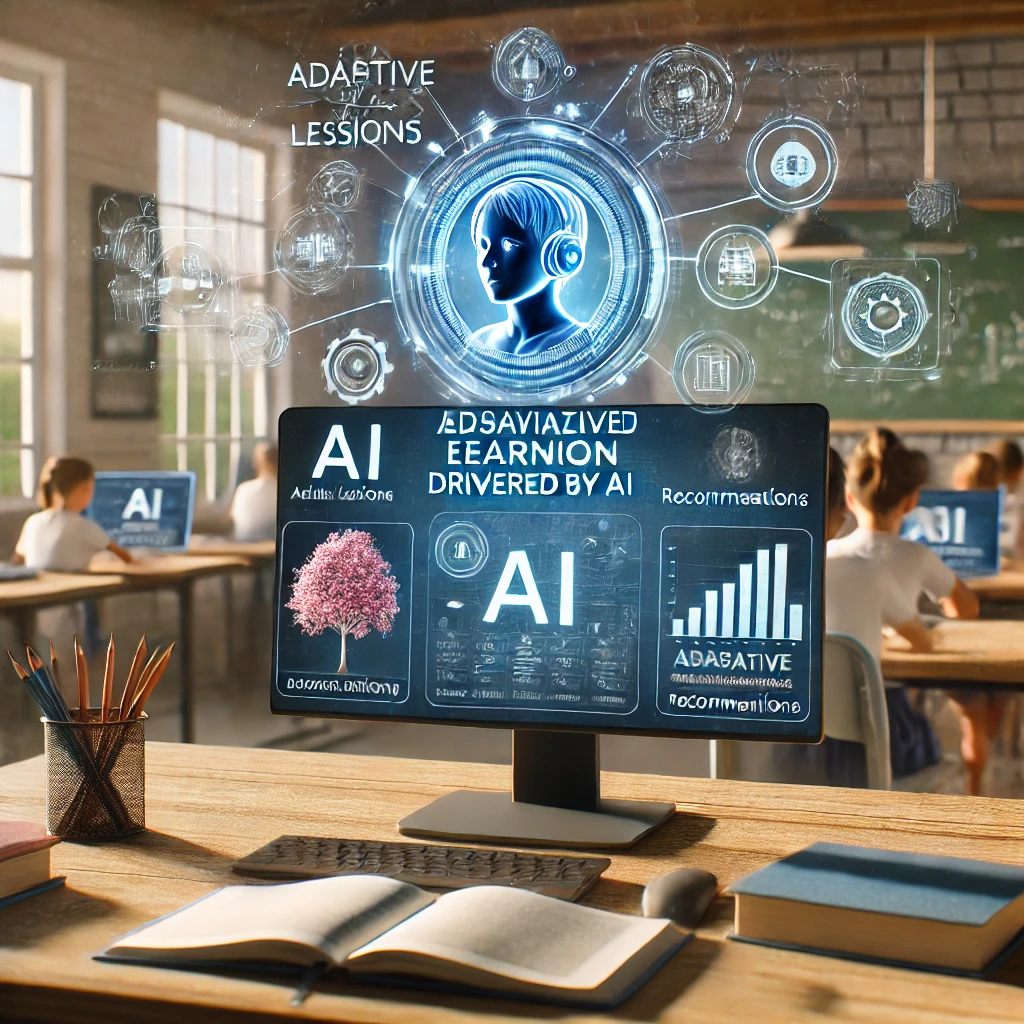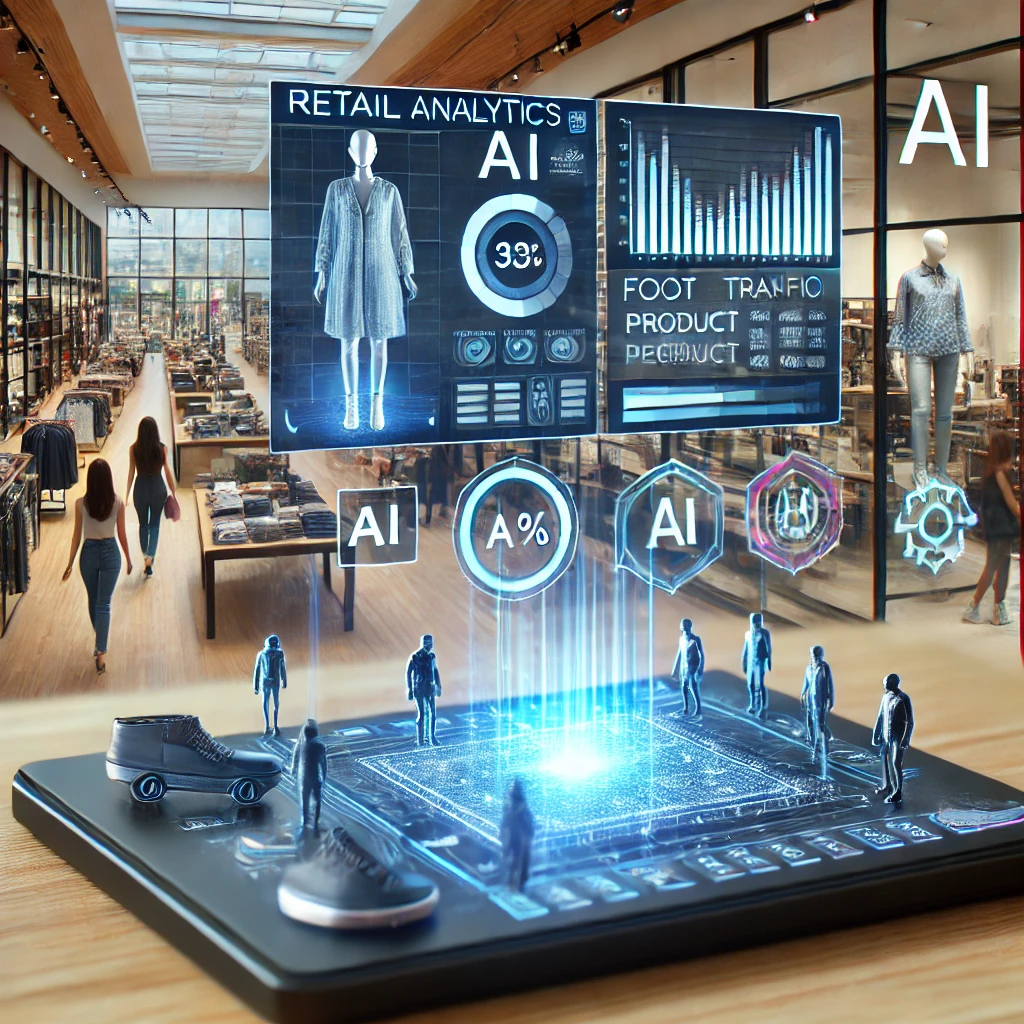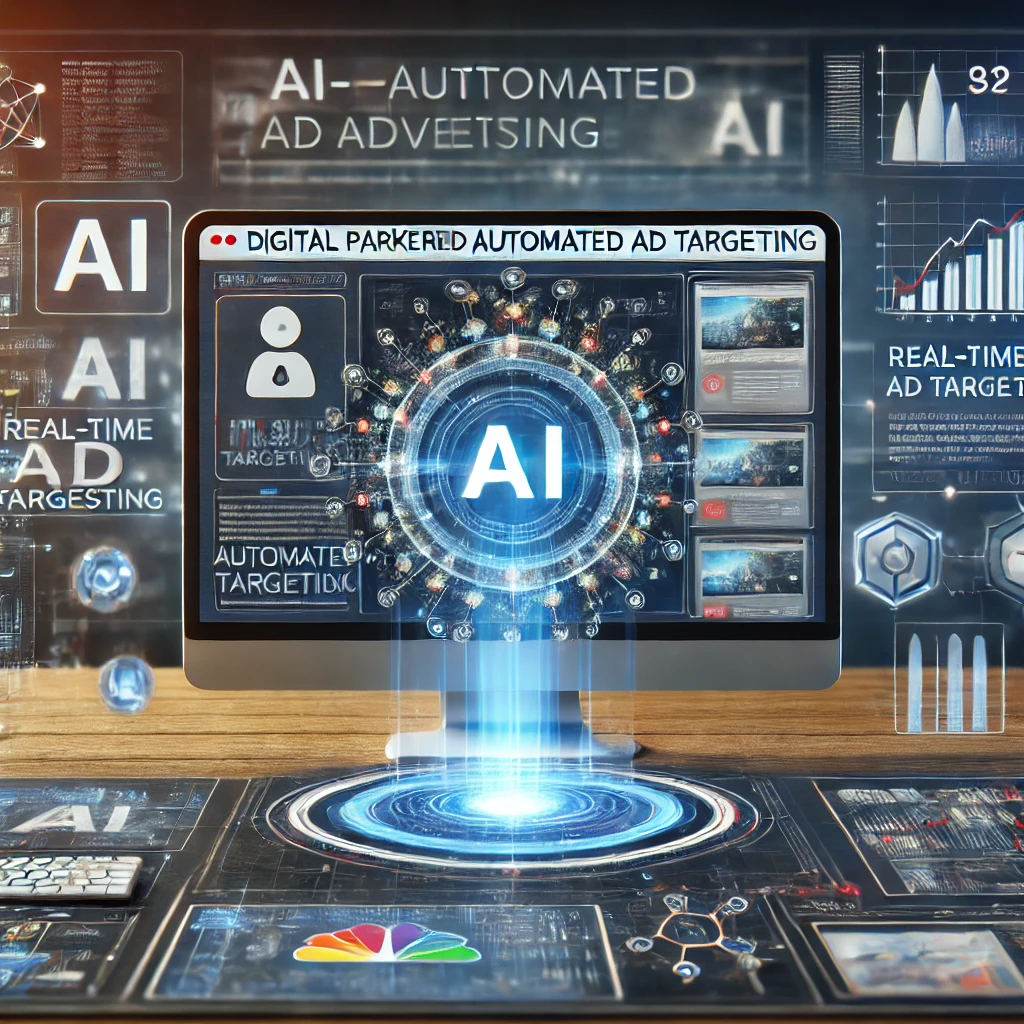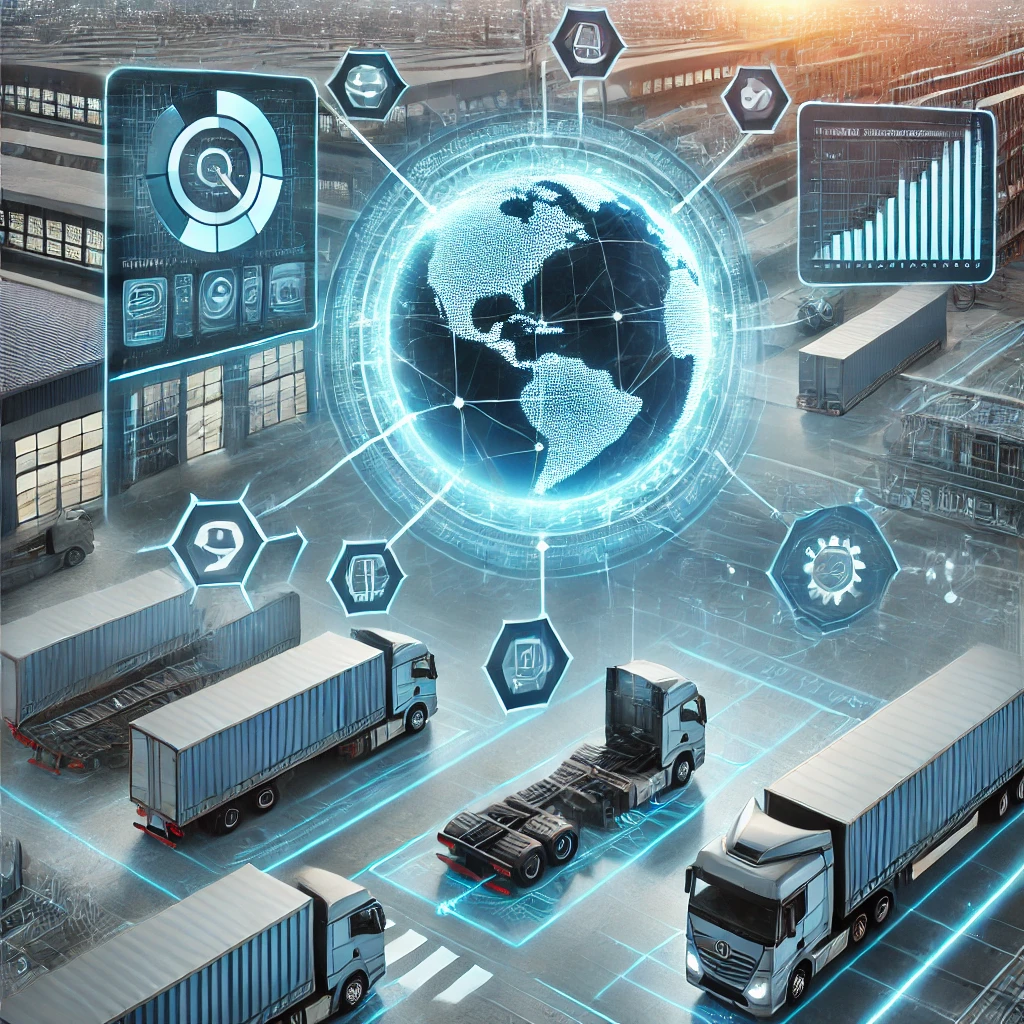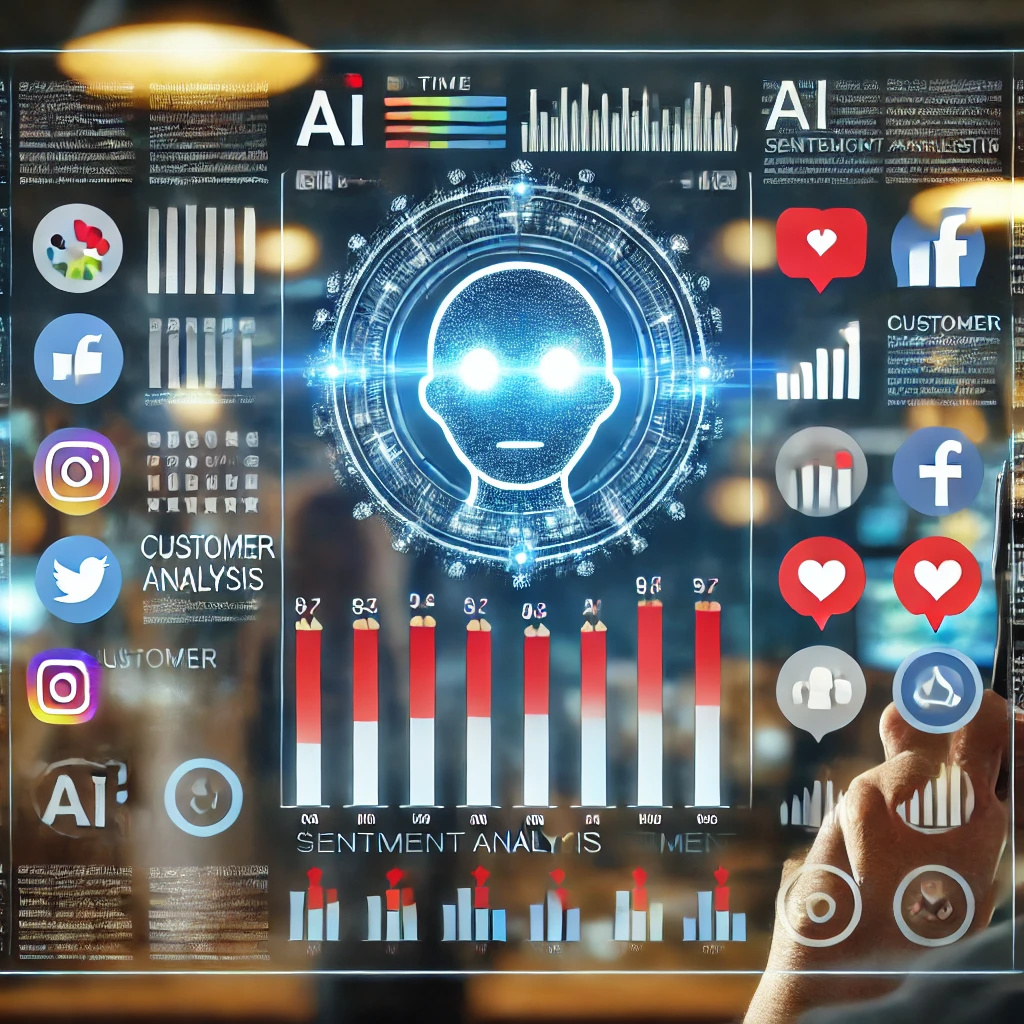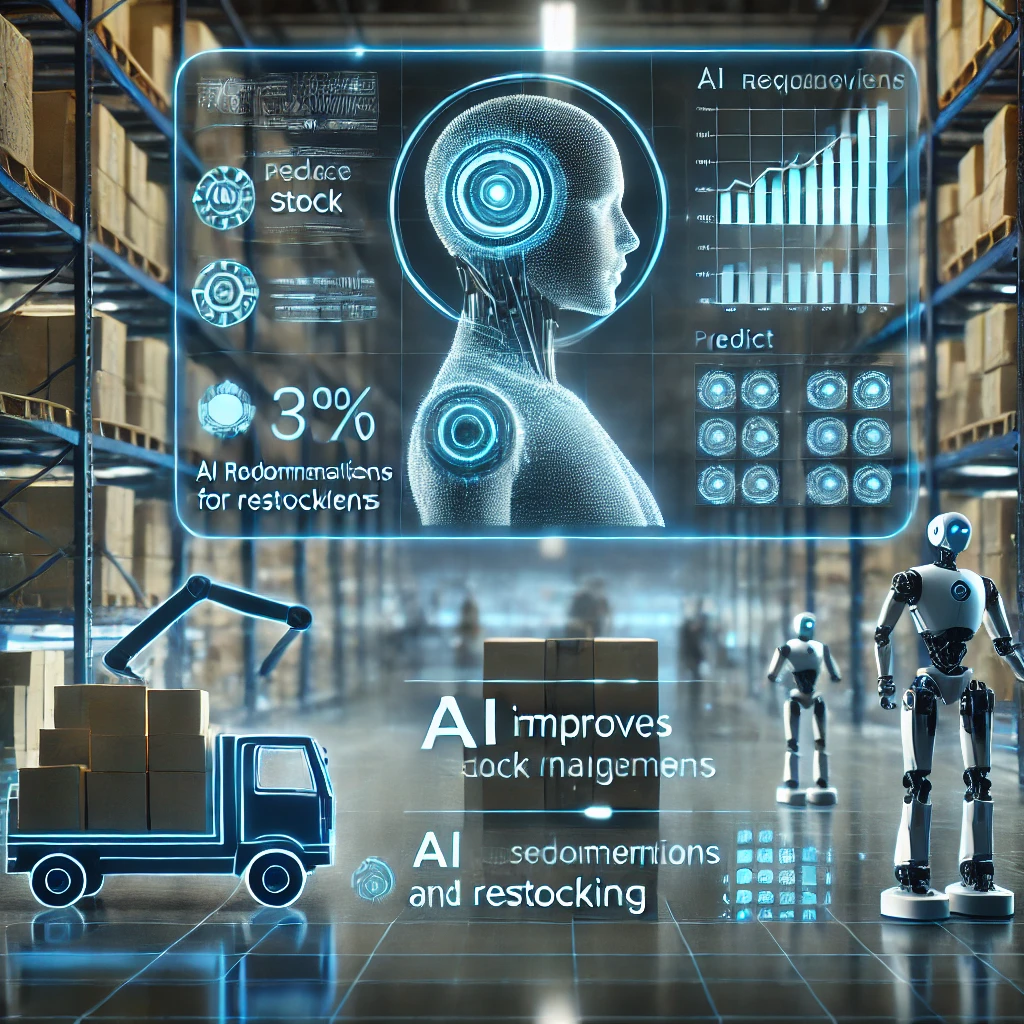Predictive Maintenance for Vehicles: How AI Tools Are Revolutionizing Vehicle Maintenance Before Breakdowns
Predictive maintenance, powered by AI, is transforming vehicle care by predicting failures before they happen, thus reducing costs, minimizing downtime, and enhancing safety. As the automotive industry increasingly adopts this technology, the future promises even more precise predictions and greater integration with autonomous and electric vehicles.



